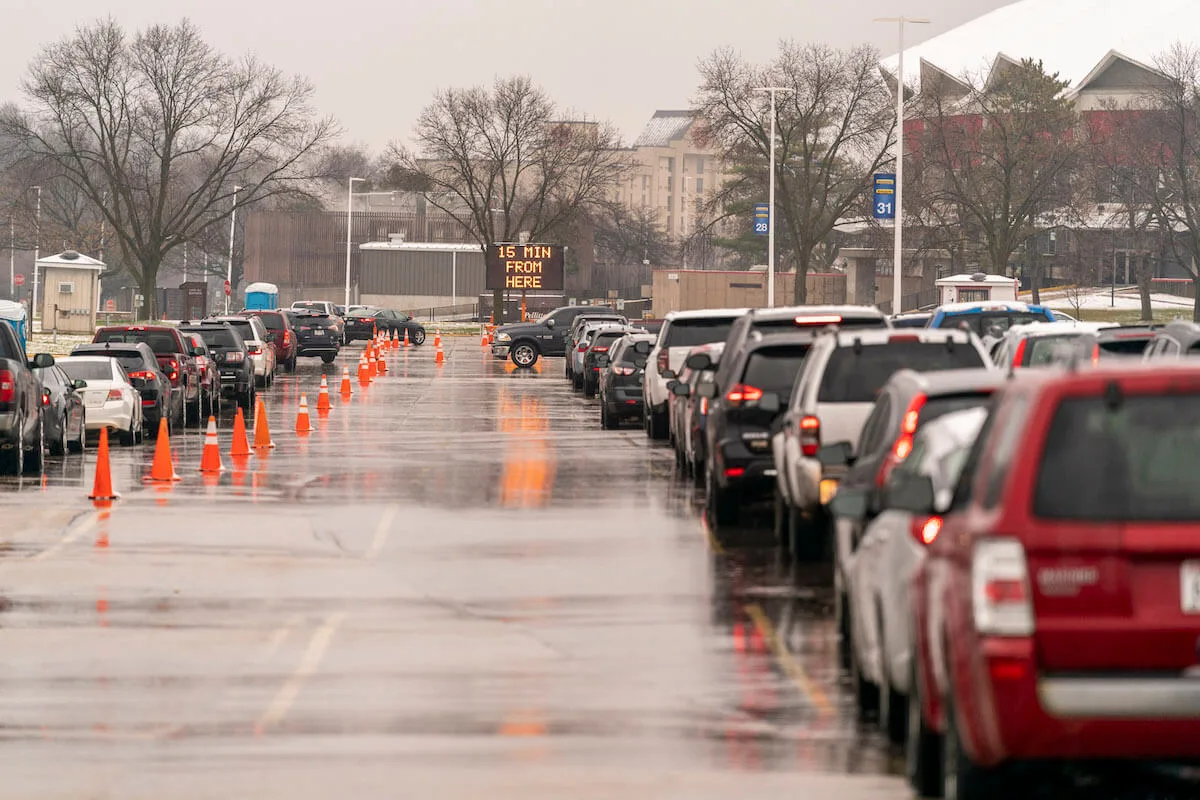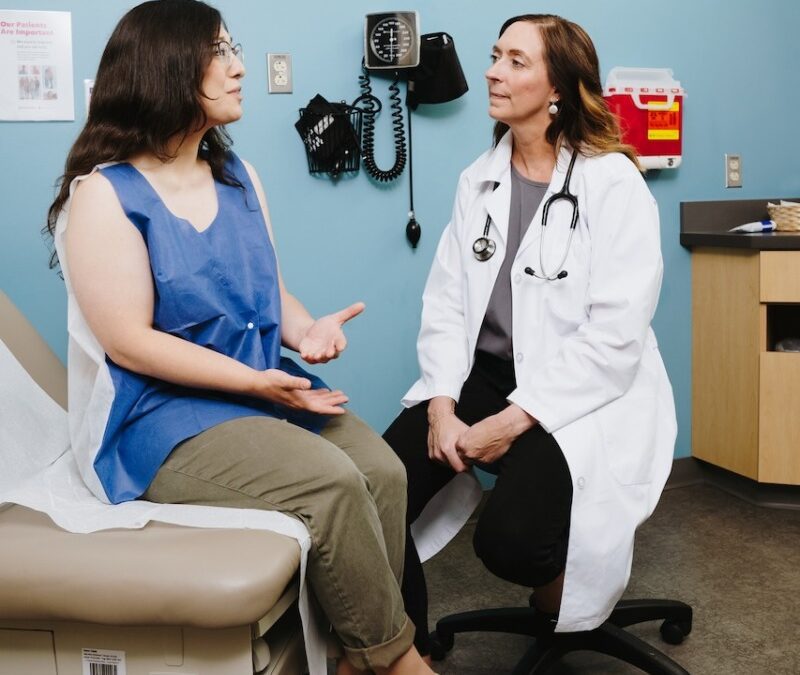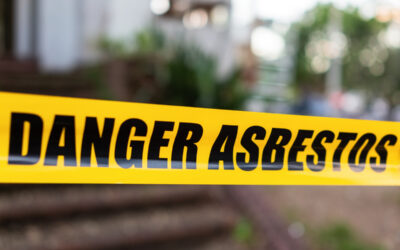
#image_title
Department of Health Services finalizes recommendations from a volunteer committee of medical experts.
The Wisconsin Department of Health Services (DHS) has finalized the next group of COVID-19 vaccine recipients. Labeled as Group 1B, it prioritizes education and child care workers, individuals in Medicaid long-term care programs, and public-facing essential workers in a variety of fields such as emergency responders, utility workers, public transit employees and food chain employees who work in agriculture, food production, and grocery stores.
The State Disaster Medical Advisory Committee (SDMAC), a volunteer committee of medical officials and experts, voted unanimously last week to send its recommendations for Group 1B to DHS for final approval. The final decision was very close to SDMAC’s recommendations, but it spelled out who qualifies under education and child care, and it ranks the groups in order of priority.
Vaccinations for Group 1B are tentatively scheduled to start on March 1, but officials say the date could slide up or back depending on ongoing issues with vaccine shipments coordinated by the federal government. Until then, vaccinations will continue to people in the first priority groups: frontline healthcare workers, long-term care facility residents and staff, police and fire personnel, corrections staff, and people age 65 and older.
Further details are available at the DHS website page for vaccine phases and eligibility.
Vaccination Group 1B
Education and child care (top priority)
- All staff in regulated child care, public and private school programs, out-of-school time programs, virtual learning support, and community learning center programs
- All staff in Boys and Girls Clubs, YMCAs
- All staff in preschool and Head Start through K-12 education settings
- Faculty and staff in higher education settings who have direct student contact
Individuals enrolled in Medicaid long-term care programs
- IRIS (Include, Respect, I Self Direct)
- Family Care
- Katie Beckett and Children’s Long Term Care Waiver, when the member’s age allows them to qualify for vaccine
Public facing essential workers
- Law enforcement, firefighters, EMTs, 911 operators
- Utility and communications workers, such as Public electric, natural gas, steam, water, wastewater, internet, and telecommunications services who cannot social distance or work from home.
- Public transit employees, including municipal or county ride-share providers and specialized transit and paratransit services for seniors, disabled persons, and low income persons.
- Food chain employees, including workers in agriculture, food production, food processing, retail food workers and hunger relief personnel.
Non-frontline healthcare workers
Congregate living
- Employer-based
- Housing serving the elderly or people with disabilities
- Shelters for those who are homeless or in need of refuge
- Transitional housing
- Incarcerated individuals
Mink husbandry
Mink are able to contract and transmit COVID-19 with humans and experts are concerned that the virus could mutate within the mink population and create new variants.

Billionaires get richer while Wisconsinites lose access to health care with ‘Beautiful Bill’
The US Senate will examine the Trump budget bill this week. It includes the largest cut to Medicaid in the program's history. It also blocks...

More ways to get birth control in Wisconsin? Sign us up.
The State Assembly has approved a plan to allow pharmacists to prescribe birth control pills and patches. There could soon be another way for women...

Opinion: Pentagon contractors don’t save lives or money – Medicaid does. Don’t cut it.
Cutting life-saving services to further enrich billionaires and Pentagon contractors is the worst possible option. This op-ed was first published on...

Opinion: Modernizing Medicare’s approach to obesity treatment is cost-effective and improves lives
Dr. Roxane Spitzer calls on Sen. Ron Johnson and his Republican colleagues to back the bipartisan initiative to expand Medicare coverage for...




